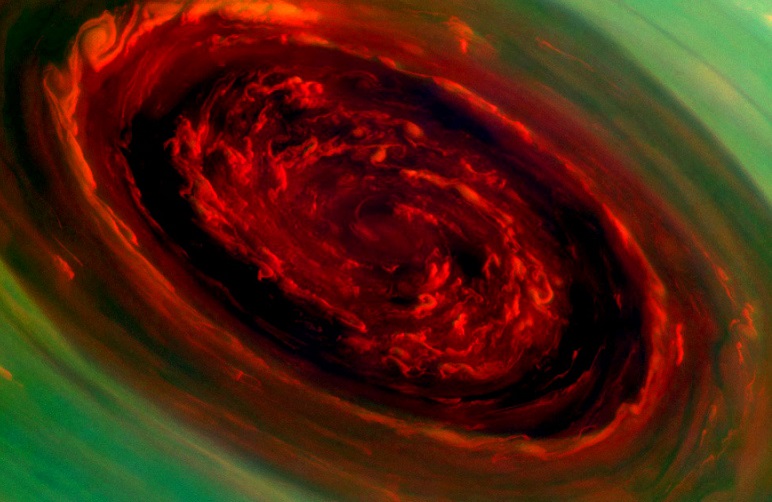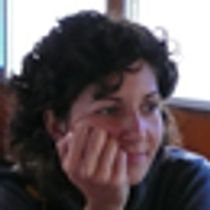Under the surface of Encelado, one of the smallest moons of Saturn, Luciano Iess and his team found evidence of an extended layer of water. “It is reasonable to think that the hidden ocean is a potential environment for life”, explains prof. Iess, who for the past twenty years has been teaching Aerospace Engineering at University La Sapienza, Rome. At the Radio science Laboratory, he coordinates a team of students, involved in some of the most important Esa and Nasa missions.
Prof Iess also partecipated in the, in which Nasa, Esa (European Space Agency) and Asi (Italian Space Agency) took part. A total of 260 scientists from 17 different countries are working together to explore Saturn, its rings and its moons. “From the research, it emerged that at a distance of km 30-40 under the South Pole of Encelado, there is a mass of water of the same extension of Lake Superior, the second biggest lake on earth”, says prof. Iess. Moreover, the fact that the ocean bottom is made of rocks constitutes a condition in which interesting chemical reactions could take place.
The prestigious magazine Nature published their findings. “A moon of Saturn hides an ocean” was released on the 9th of April this year. The whole research is based on gravity measurements by the Italian-American Cassini spacecraft, which has been cruising around Saturn for more than ten years, resulting in one of the most ambitious and expensive interplanetary missions ever realized.
Luciano Iess has become a celebrity in his field: “They call me from all over the world. Now, we just have to hope that our hard work will be compensated by great findings”. Despite the worldwide appointments, Iess goes back to his home in Bassano del Grappa, Vicenza at least twice a year to enjoy some family time and walks in the nature.
Follow @castaritaHK

